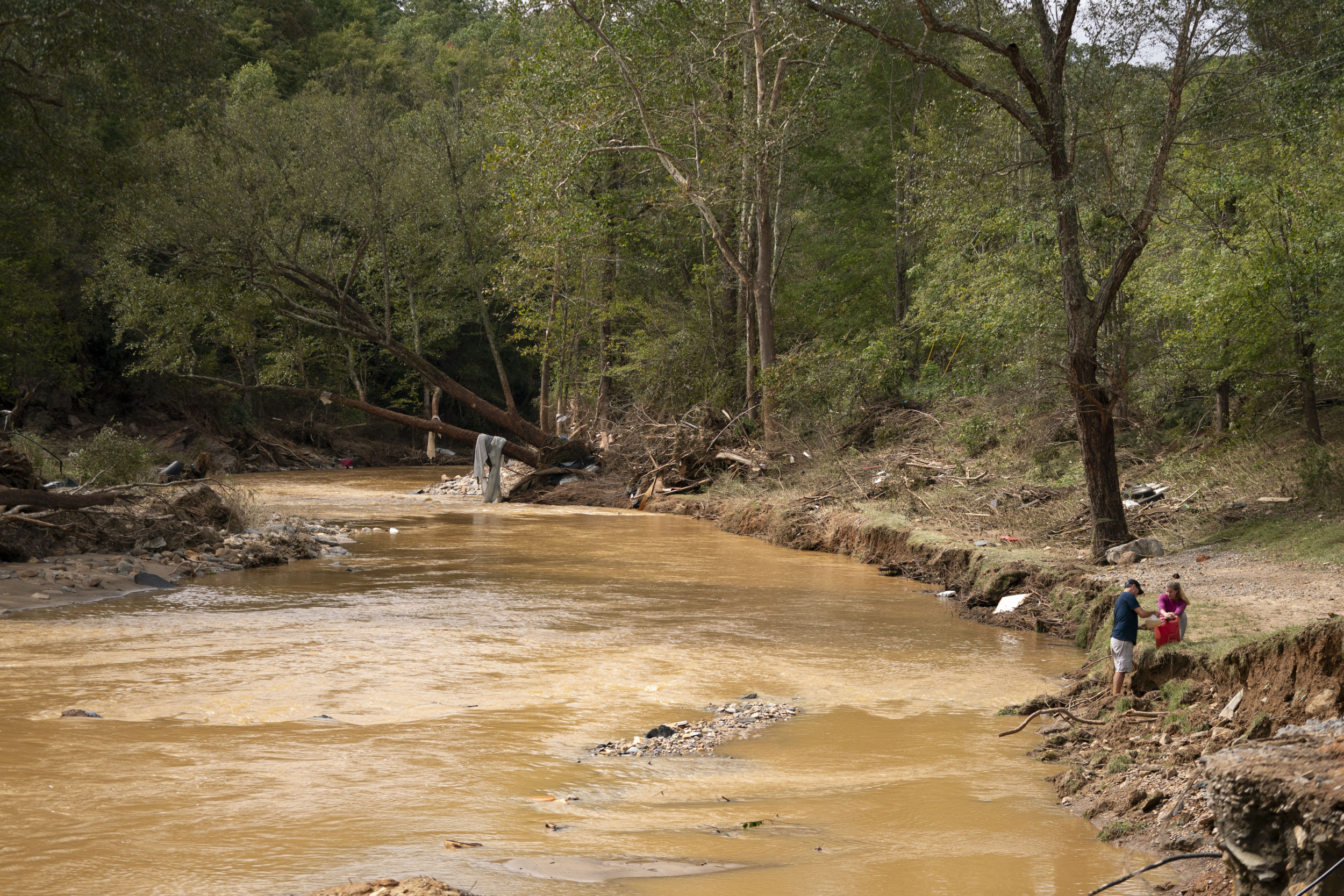Last week, Hurricane Helene wreaked havoc across the Southeast, leading to a dire “public health emergency” in parts of North Carolina, where many residents are currently without access to clean water.
Helene made landfall as a powerful Category 4 hurricane, packing maximum sustained winds of 140 miles per hour near Perry, Florida, in the Big Bend region. The storm has tragically claimed at least 225 lives across multiple states and caused significant flooding, particularly in Asheville, North Carolina, where floodwaters have posed risks to local dams.
The Environmental Protection Agency (EPA) reported that around 136,000 people in the Southeast rely on a disrupted water supply, and over 1.8 million are under a boil water advisory as of Thursday.
Asheville’s water system suffered extensive damage, with repairs underway but not yet complete. Although some neighborhoods regained water service, the situation remains critical, impacting the daily functions of schools, hospitals, and restaurants. Non-potable water, such as for toilets, is also in short supply—concerns about sanitation are rising rapidly.
Drew Reisinger, Buncombe County’s register of deeds, highlighted the overlooked issue of sanitation, saying, “One thing no one is talking about is the amount of poop that exists in every toilet in Asheville.” He emphasized the severity of the public health crisis.
Local officials have advised residents to source non-drinkable water from nearby swimming pools to manage the shortage.

Sean Rayford/Getty Images
Another critical concern is the potential contamination of drinking water, prompting numerous providers to issue boil water notices. Mistakes during the boiling process can lead to serious stomach illnesses, as noted by Natalie Exum, an assistant professor at Johns Hopkins Bloomberg School of Public Health. “Every day that goes by, you could be exposed to a pathogen,” she warned, stressing that reliable water services are vital for public health.
Efforts to recover from the storm are being hampered by the challenging geography of the Blue Ridge Mountains, which limits access points and resources, according to Brian Smith from the EPA’s Southeast water division.
This article includes reporting from The Associated Press.
